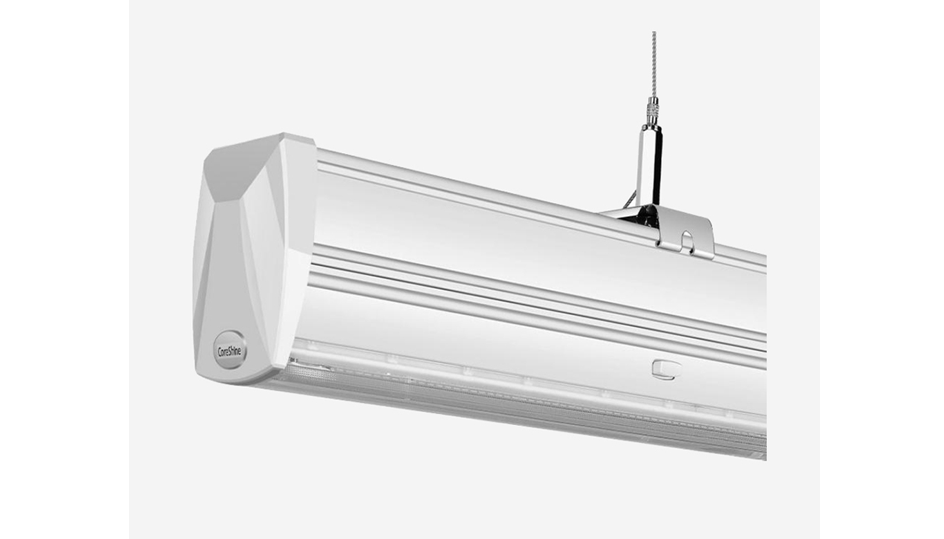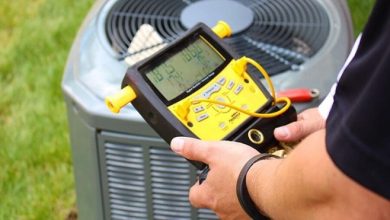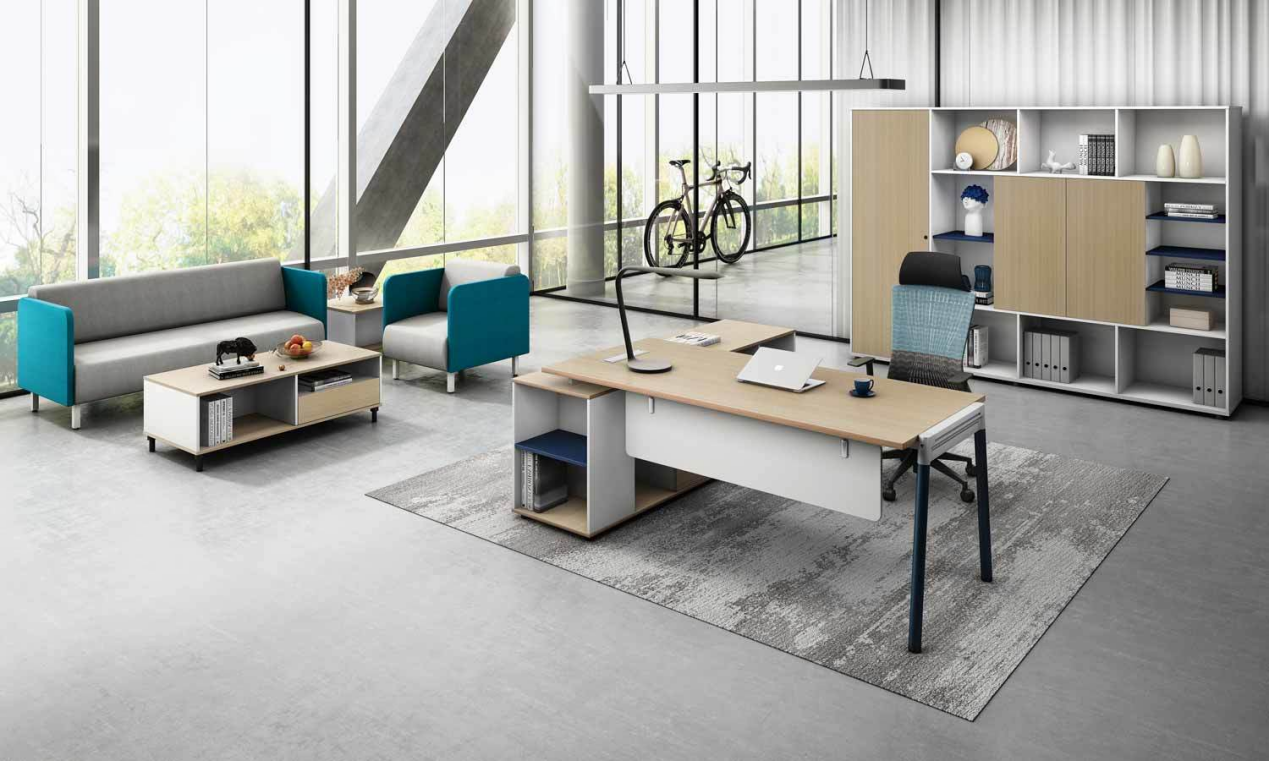What Are the Blockages That Slow Down CenturyLink Internet?

There’s nothing more agonizing than your internet slowing down or not working at all right in the middle of your day. What if you were just about to submit your quiz and the deadline is in 1 minute? Or if you were in an important meeting with your boss and you get disconnected all of a sudden? It angers you just to think about it, doesn’t it? Well, what if we tell you that you can avoid situations like this and save your course with that quiz and not lose your job by angering your boss.
Undoubtedly, you can’t completely erase the chances of an internet outage, however, you can prevent your internet signal from weakening or disappearing due to your negligence or errors. What these little errors could look like are maybe you have placed the modem in an enclosed space, leading to overheating or weak signals. Things like this should be looked after at home to prevent a problem, at least from your end.
If you have come here to this blog page, you are most probably a user of CenturyLink internet. Or you must be here to research CenturyLink before you decide to get the package. Whatever the reason, you will learn about the materials that can block your signals and so, take appropriate action so as to get a strong Wi-Fi connection. Keep reading to find out more.
Materials That Might Be Blocking Your Wi-Fi Signals
While there are multiple reasons for your internet being weak like we have mentioned above, a major reason could be the materials located around your router and modem. Which materials can affect your internet, let’s take a look!
Metal
Metal is a conductor of electricity and a great one at that too. Wi-Fi signals are electromagnetic and so, that means they can get absorbed by the metal. Since they’re absorbed, it cancels out the signal. So, if you have steel doors, walls, or building infrastructure, this can significantly reduce your Wi-Fi signal. However, if you are seated close to your router and there is no big metal body between your device and the router, your signal will not get terminated.
Concrete Walls
As you all know, concrete is a very thick material and it can easily block a Wi-Fi signal. Because of its thickness, Wi-Fi signals cannot penetrate it. And while you think Wi-Fi extenders will do the trick, you’re wrong. Even Wi-Fi extenders will not help much when it comes to concrete. Of course, if you do have a wall of concrete, you can’t just take it down, but what you can do is put your router and modem in an open space that you might frequent a lot. This way, you will be able to use your internet without much issue for most of the time, at least.
Ceramic Tile
Ceramic tile is a commonly used material for walls and floors. When a Wi-Fi signal passes through it, the signal is weakened. So, just like with concrete walls, it would be better if you kept your modem and router away from the walls and floors to avoid interference, weakening, and blockages.
Plaster & Drywall
These commonly used building materials you will find in every home. Luckily for you, their interference and blockages are minimal, as they are weaker materials as compared to the first few materials on the list. But of course, you will still need to take the same precautions as mentioned above.
Windows
Ah yes, you might be confused seeing this here as windows are used to let light in and so, they won’t interfere with your Wi-Fi signal, correct? Well, no. That statement is not true and the reason for that is that windows reflect the signal. This means you might not get signals at all or extremely weak signals. Low-E windows have a special type of metallic film that absorbs and interferes with Wi-Fi signals.
Water
Wi-Fi signals can get trapped in water and struggle to pass through. This reduces the speed of the Wi-Fi signal and so it can affect your experience. So, it should be kept away from water bodies like fish tanks, etc.
Mirrors
Just like windows, mirrors have a reflective layer and a thin coating of metal that reflects and interferes with the Wi-Fi signal. Naturally, if you put the modem and router in a room full of mirrors, you won’t get the signal. And let’s be real: nobody really has a room full of mirrors, so keeping the modem and router away from mirrors won’t be a difficult task.
Furniture
Now, this is something you will need to be concerned about. Furniture is obviously something you can’t live without and so, you will need to be careful of the modem and router placement. Once again, the modem and router need to be placed in an open space, so the Wi-Fi signal is not interrupted.
Metallic Blinds
We’ve already established the fact that metal interferes with Wi-Fi signals and so, metallic blinds can also be problematic for your internet.
Home appliances
This is possibly the biggest interference reason for Wi-Fi signals. Home appliances like fridges, microwave ovens, and the like can cause Wi-Fi signal interference due to their electromagnetic waves, and metal components. Therefore, you need to place your modem or router as far away from them as you possibly can.
Other Interferences With Your Wi-Fi
Besides materials, there are many other things that can cause interferences. Some of them we have listed below:
Bluetooth
Bluetooth can interfere with your Wi-Fi signals and cause lags. The delay in your connection is due to the frequency hopping technology used by Bluetooth devices. To avoid this from happening, try and make sure all your devices’ Bluetooth is switched off whenever it is not in use.
Another Close-By Wi-Fi network
You might have noticed multiple times that your neighbor’s Wi-Fi signal seems to be stronger than yours. The reason for this is not that your neighbors have better Wi-Fi than you, rather it is because it is causing interference with your signal. This can lead to spotty Wi-Fi and issues with your connection.
Wireless Security Cameras
Wireless security cameras usually have analog video senders, which can cause disruption in your Wi-Fi connection. Such devices have a broad reach and can also end up messing up your neighbor’s Wi-Fi signal.
Key Takeaway
If we take a note of the main points of this article, we come up with the following:
- Metal, concrete walls, furniture, and electronic devices can block your Wi-Fi signal.
- Water, mirrors, and windows can reflect the signal causing slow and spotty internet.
- To reap the maximum benefit from your internet plan, you should think carefully about the modem and router’s location for set-up.
- Bluetooth, another Wi-Fi network, or even a wireless security camera can cause interruptions and problems in your Wi-Fi signal.
If you are interested in checking out CenturyLink internet plans, go over to BuyTVInternetPhone and type in your ZIP code to get the plans available in your area, whether they are CenturyLink plans or other ISP’s plans. Rest assured, you will be connected with the best possible ISP and you won’t have to worry about lousy service or wasting precious money. Well then, what are you waiting for?




